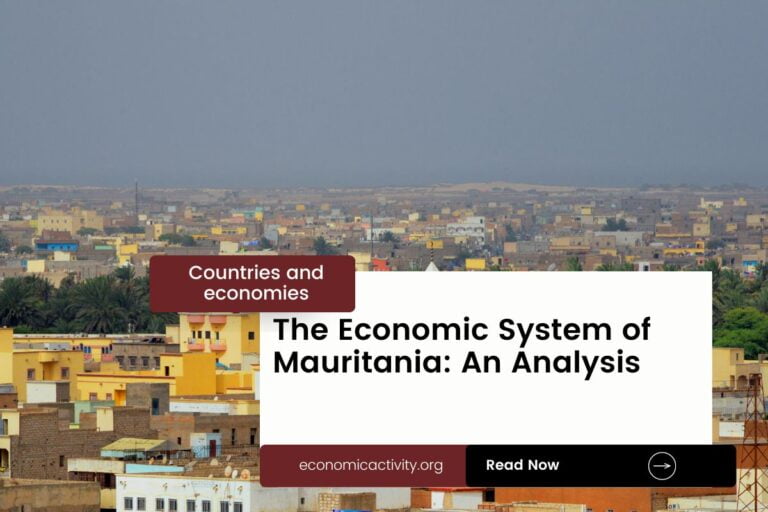Algeria, a country with a population of 43 million, including 31 million urban residents, accounting for approximately 73.19% of the total population, has made a significant impact on carbon dioxide (CO2) emissions.
In 2022, Algeria produced a total of 176,269,070 tons of CO2.
This translates to a per capita emission of 3.99 tons, indicating that each individual contributes nearly 4 tons of CO2 annually.
To further understand the relationship between economic activity and CO2 emissions, it is crucial to examine the Carbon Intensity of GDP. In the case of Algeria, the Carbon Intensity of GDP is 1.04 kg of CO2 per International dollar ($USD) of economic output.
This figure is higher than that of the United States (0.3 kg) and China (0.57 kg), suggesting that Algeria’s economic activities have a relatively higher impact on CO2 emissions.
These statistics shed light on the significant role Algeria plays in global CO2 emissions. With a substantial population and a relatively high Carbon Intensity of GDP, it is crucial for the country to explore sustainable practices and strategies to mitigate its environmental impact.
Algeria Total CO2 emissions by source
How much do coal, oil, gas, cement and flaring contribute to CO2 emissions in Algeria?
In 2022, Algeria’s carbon footprint amounted to 176,269,070 metric tons of CO2 emissions. The primary sources of these emissions were coal, accounting for 1,095,536 metric tons, and oil, with 56,020,598 metric tons.
These figures highlight the significant contributions of coal and oil to Algeria’s economy and CO2 emissions.
Additionally, gas emissions reached 92,791,955 metric tons, while cement and flaring made smaller contributions of 11,028,039 metric tons and 15,332,942 metric tons, respectively.
These emissions have a direct relationship with Algeria’s GDP, reflecting the country’s reliance on these industries.
What fraction of world fossil co2 emissions does Algeria accounts?
Algeria is the 34th largest emitter of CO2 in the world. It represents 0.475% of global CO2 emissions.
CO2 emissions from Coal
In Algeria, carbon usage resulted in the production of 1,095,536 tons of CO2, accounting for 0.62% of the total CO2 emissions.
CO2 emissions from coal in Algeria
In Algeria, gas usage resulted in the production of 92,791,955 tons of CO2, accounting for 52.64% of the total CO2 emissions.
CO2 emissions from cement in Algeria
In Algeria, cement usage contributed to the production of 11,028,039 tons of CO2, accounting for 6.26% of the total CO2 emissions.
In Algeria, the utilization of flaring has led to the production of a staggering 15,332,942 tons of CO2, representing a significant portion of the country’s total CO2 emissions.
CO2 emissions from oil in Algeria
In Algeria, the utilization of oil has led to the production of a staggering 56,020,598 tons of CO2, representing approximately 31.78% of the total CO2 emissions.
Sources:





Leave a Reply